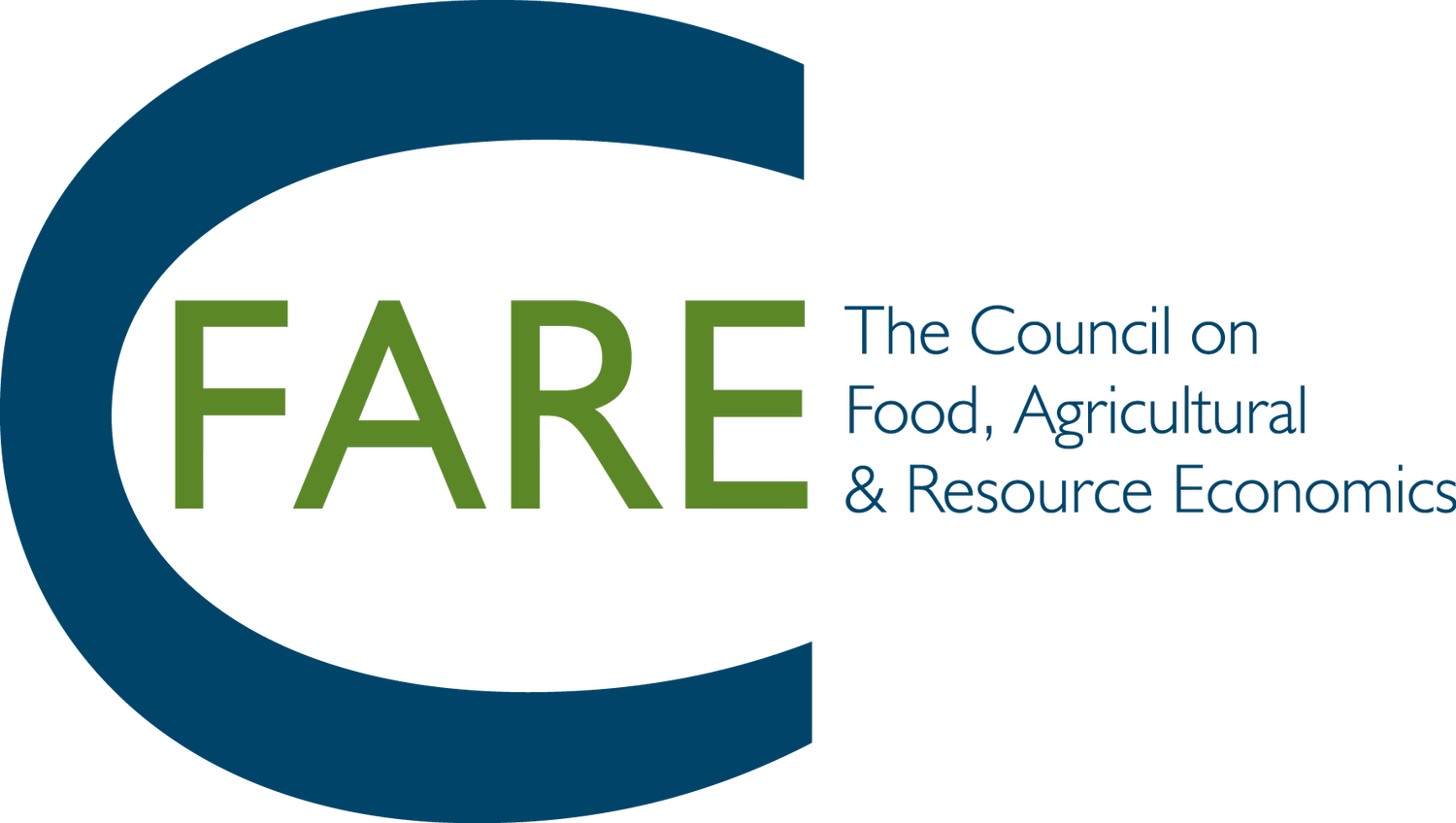The Importance of the Educational-Industrial Complex
Market Corner by David Zilberman, C-FARE Board Member and Professor at University of California, Berkeley
The global agricultural and food economies are facing multiple challenges - growing food demand, adapting to climate change, improving the nutritional content of food, reducing negative environmental side effects, and improving the well-being of the rural sector. These challenges require changes in food and agricultural technologies. Fortunately, the land grant system and government commitment to public support of research provide a great foundation to reinvent food and agricultural systems in the US and globally.
The land grant system is a key part of a large publicly supported research system that provides basic knowledge and education about food, agriculture, and health. Increased basic knowledge is essential but not sufficient to drive technological progress. In the post-WW2 era, we have witnessed the emergence of institutions that translate new knowledge into practical innovation. In particular, the modern educational-industrial complex is a public-private partnership where intellectual properties developed in the public sector are transferred to startups or corporations that further upscale and commercialize it. Eventually, it leads to new supply chains that produce new goods and services. The cost of developing discoveries for commercialization is very high, sometimes ten times the cost of the original research, and transferring exclusive rights to develop patents provides an incentive to do the job. However, public intellectual property management requires ensuring it will not be kept unutilized to protect existing technologies. It also requires judgment to identify when rights for new enabling technologies shouldn’t be sold exclusively to allow developing industries to build on these technologies. For example, the rights to use basic genetic engineering tools shouldn’t be sold exclusively to one company but will be available to multiple companies that may develop multiple applications. The development of the private sector that builds on public innovations also allows researchers to move from academia to the private sector and vice versa. Academics who discovered the new technology have a great capacity to develop it and, thus, should be allowed to be partners of startups as long as there is a clear separation between public and university activities. Finally, while technology transfer may provide some income to the universities, it’s much below the need to build the knowledge base to reinvent the food system. Therefore, public support for research should continue and be expanded. Public research generating new knowledge is an important assurance for continuing innovation and change in agriculture and prevents technological stagnation and failure to address the major challenges facing agriculture and the food sector.
